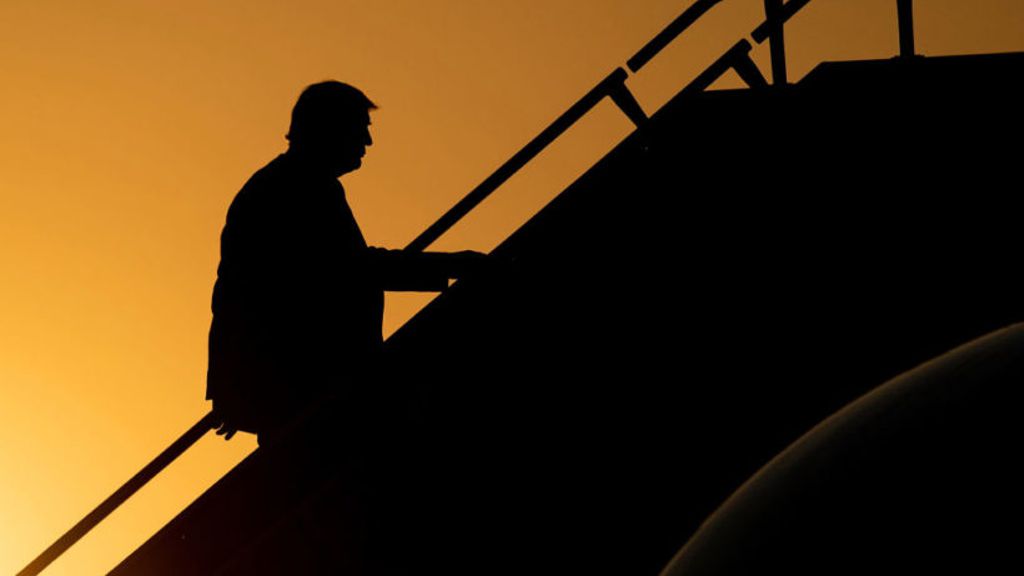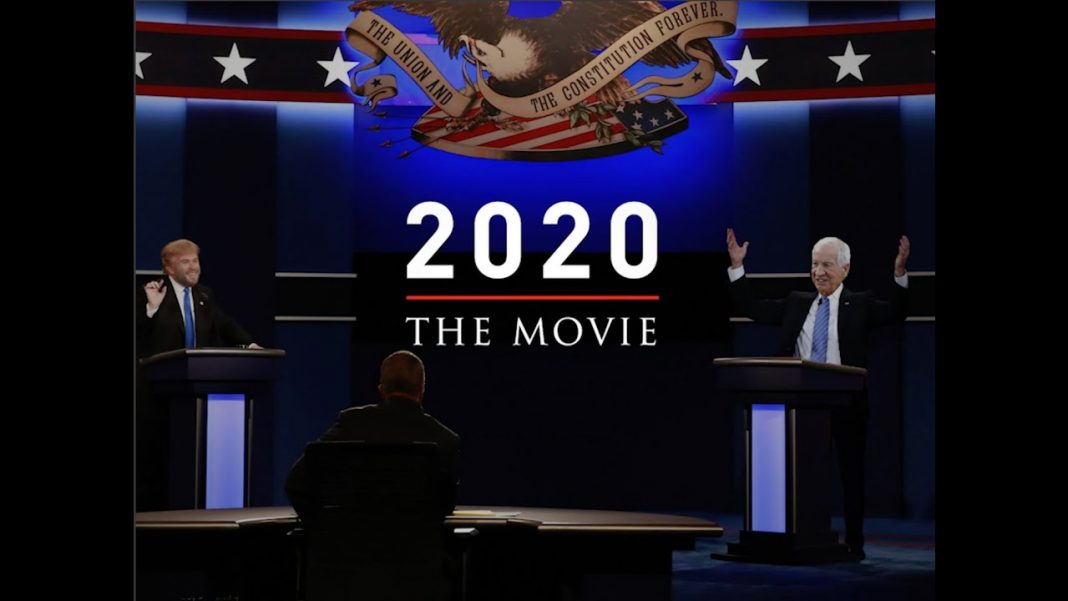The election of Donald Trump has, of course, unleashed the latent racist which lurks within millions of Americans. We know this because enlightened opinion keeps telling us so. The New Yorker, for example, ran a piece in November 2016 declaring ‘Hate on rise since Trump’s election’, and quoting a list of incidents collected by the Southern Poverty Law Center – including the experience of a girl in Colorado who was allegedly told by a white man: ‘Now that Trump is president I am going to shoot you and all the blacks I can find’. TIME magazine, too, ran a story in the same month announcing ‘Racist incidents are up since Donald Trump’s election’. In March 2017 the Nation asserted ‘Donald Trump’s rise has coincided with an explosion in hate groups’, claiming that 100 racist organizations had been founded since Trump began his presidential campaign.
And so it goes on. Just as with Britain’s vote for Brexit, Trump’s strident language and his concentration on issues such as migration is supposed to have coarsened political discourse – legitimizing racist and xenophobic opinions in people who might otherwise have been shamed into silence. By this narrative, even slightly immoderate speeches, posters and campaigns by politicians become magnified through the lens of public opinion into something much more sinister. A speech on migration, goes the theory, can all too easily erupt into bar room arguments and end with a Muslim or a black man having his head kicked in.
It sounds vaguely plausible, but is it true? Not if a new paper by a pair of sociologists at the University of Pennsylvania is anything to go by. Daniel J. Hopkins and Samantha Washington set out to measure the effect of Trump’s election on anti-black and anti-Hispanic prejudice, using a randomly-selected panel of 2,500 Americans whose changing opinions have been under study since 2008. The academics report that they had been expecting to measure a rise in racist opinions, writing: ‘The normalization of prejudice or opinion leadership both lead us to expect that expressed prejudice may have increased in this period, especially among Republicans or Trump supporters’. They had been led to expect this, they say, through an extensive reading of recent literature in social sciences which, they say, supports the notion that racist attitudes lie dormant inside many people, waiting to be triggered by certain events – of which the election of Donald Trump might be one. There could, after all, hardly be anything more calculated to awaken an incipient racist than the president calling Mexicans a bunch of rapists.
Yet the study found exactly the opposite. Americans, claim Hopkins and Washington, have actually become less inclined to express racist opinions since Donald Trump was elected. Anti-black prejudice, they found, declined by a statistically-insignificant degree between 2012 and 2016, when Trump was elected. But then after 2016 it took a sharp dive that was statistically significant. Moreover, contrary to their expectations, the fall was as evident among Republican voters as it was among Democrats. There was also a general fall in anti-Hispanic prejudice, too, although this was more evident among Democrat voters.








